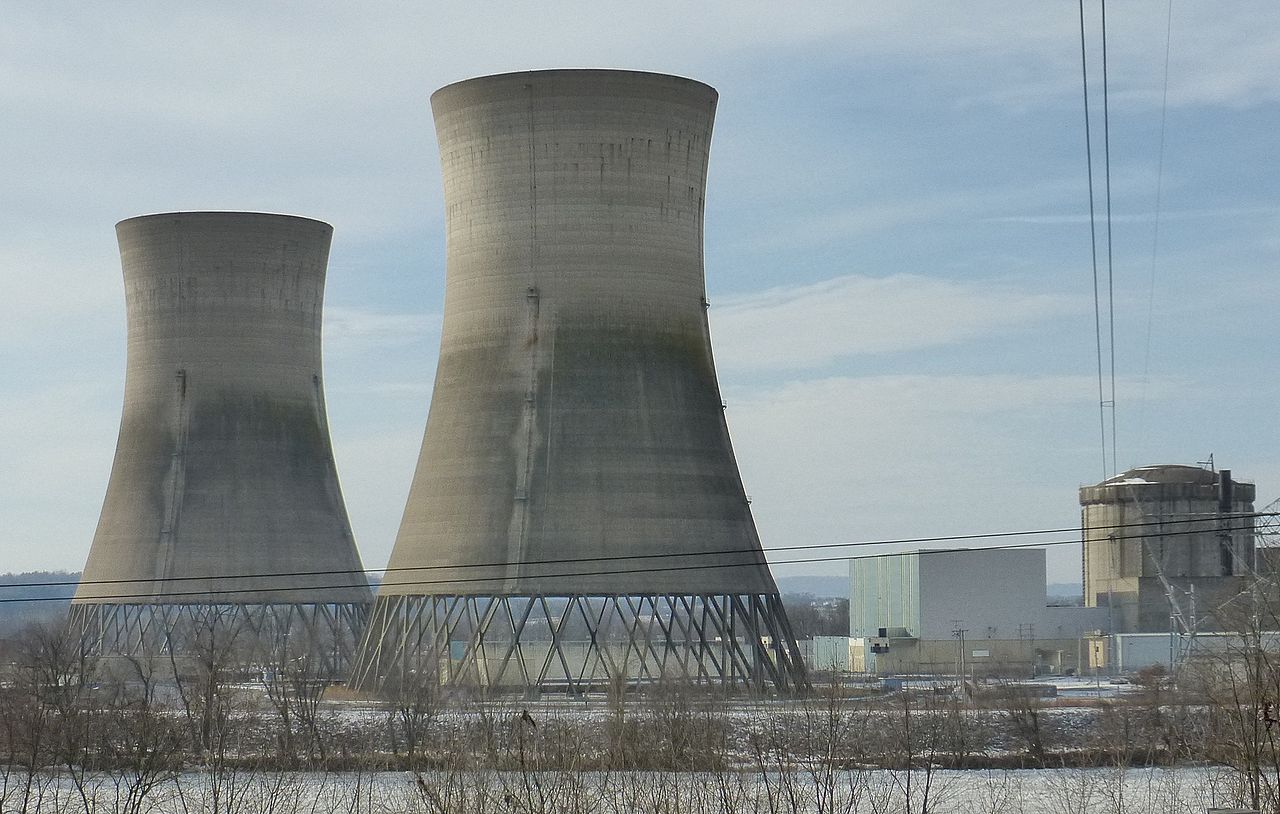Defending the nuclear discipline

Craig Piercy
cpiercy@ans.org
If you keep tabs on nuclear in popular culture, you know that Netflix recently released a four-part series entitled Meltdown: Three Mile Island. Nominally listed as a “documentary,” the series starts out with a generally accurate chronology of the 1979 event. However, it soon veers off the rails into an uncorroborated conspiracy theory of how the cleanup team risked “wiping out the entire East Coast” in their haste to complete the job on time. Nuclear Newswire has done a fantastic job of unpacking the distortions and outright falsehoods in “Meltdown: Drama disguised as a documentary."
Netflix showrunners were clearly more interested in maximizing the number of eyeballs on their content than in the accuracy of the information they present. But should that make us angry? Netflix is not a news organization; they are a highly algorithm-driven purveyor of video entertainment. Their “recommendation engine” knows what we want, and we happily let them spoon-feed us our next binge watch.




 Netflix recently launched History 101, a series of short documentaries that the popular streaming service calls “bite-size history lessons on scientific breakthroughs, social movements, and world-changing discoveries.” Included among episodes on topics such as fast food, plastics, and the growth of China’s global influence, is an episode on nuclear power.
Netflix recently launched History 101, a series of short documentaries that the popular streaming service calls “bite-size history lessons on scientific breakthroughs, social movements, and world-changing discoveries.” Included among episodes on topics such as fast food, plastics, and the growth of China’s global influence, is an episode on nuclear power.